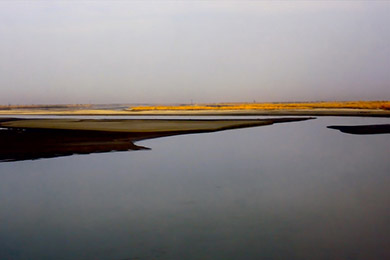The Ministry of Water Resources and Irrigation has been established in Kazakhstan
President of Kazakhstan Kassym-Jomart Tokayev in his Address to the people of Kazakhstan on September 1, 2023, outlined a series of strategically important issues related to water policy.
He expressed the belief that water resources are of the same importance to the country as oil, gas, or metals, and therefore proposed the creation of an independent ministry – the Ministry of Water Resources and Irrigation of the Republic of Kazakhstan, by separating it from the Ministry of Ecology and Natural Resources and transferring to it the functions and powers in the field of water resource use and protection, water supply, and wastewater management. Former akim of the Zhambyl region, Nurzhan Nurzhigitov, will head the new agency.
Within the ministry, the National Hydrogeological Service will also be re-established, and there will be a reform of the water management system. The entire water management system of the country, including key companies such as “Kazvodkhoz” and “Nurinskiy Group Water Supply” will undergo reform.
The President expressed serious concern about the issues of water availability and quality in the country. Water-related problems in Kazakhstan include droughts, a shortage of irrigation water, dependence on water from neighboring countries (such as Kyrgyzstan), and the depletion of water resources in the Syr Darya and Amu Darya rivers. All these factors pose significant challenges to the country and its economy, as well as threaten environmental and socio-economic stability.
Given the trend of population and economic growth, by 2040, the water deficit in Kazakhstan could reach 12-15 billion cubic meters. Implementing a well-balanced water policy and resolving transboundary water use issues with neighboring states to develop joint solutions in water resource management is a top priority for the government.
The need to address the accumulation of internal runoff water and losses during its transfer will require the construction of 20 new dams and the reconstruction of at least 15 existing ones, as well as the modernization and digitization of at least 3,500 kilometers of irrigation canals.
The Address emphasized the importance of implementing water-saving technologies, targeting up to 150,000 hectares per year. At present, in some regions, agricultural water losses reach 40%. The actual wear and tear of water management facilities exceed 60%.
The development of a new tariff policy in line with current realities is expected. Outdated infrastructure is operating at its limits. Excessive water consumption will result in higher tariffs. Additionally, the “illegal market” for water must be completely eradicated, so violations in this area will be rigorously prosecuted and punished to the full extent of the law.

